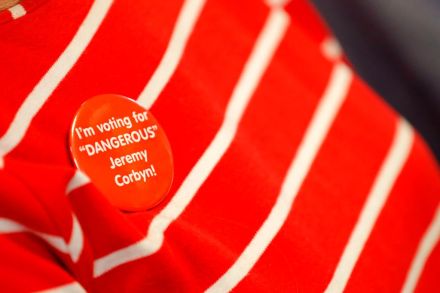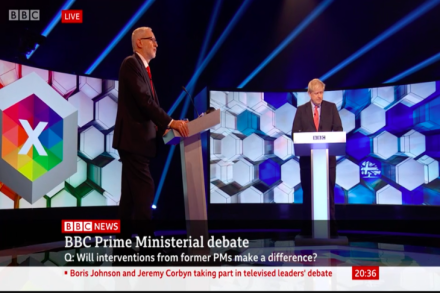Labour, Question Time and the cult of youth
When’s the Question Time for over-60s, then? Or maybe even over-75s? After all, elderly people face specific social problems: pension issues, care, loneliness. And yet they aren’t getting their very own QT, unlike under-30s, who are. Tonight the BBC is hosting a special youth version of its flagship political show and in the process it is sending out a pretty disturbing message: young people’s views matter more than old people’s. Presented by Emma Barnett and featuring politicians from across the spectrum, tonight’s QT for millennials promises to be an irritating affair. It’s not that I have anything against young people — I was young myself, once. It’s more that self-consciously








